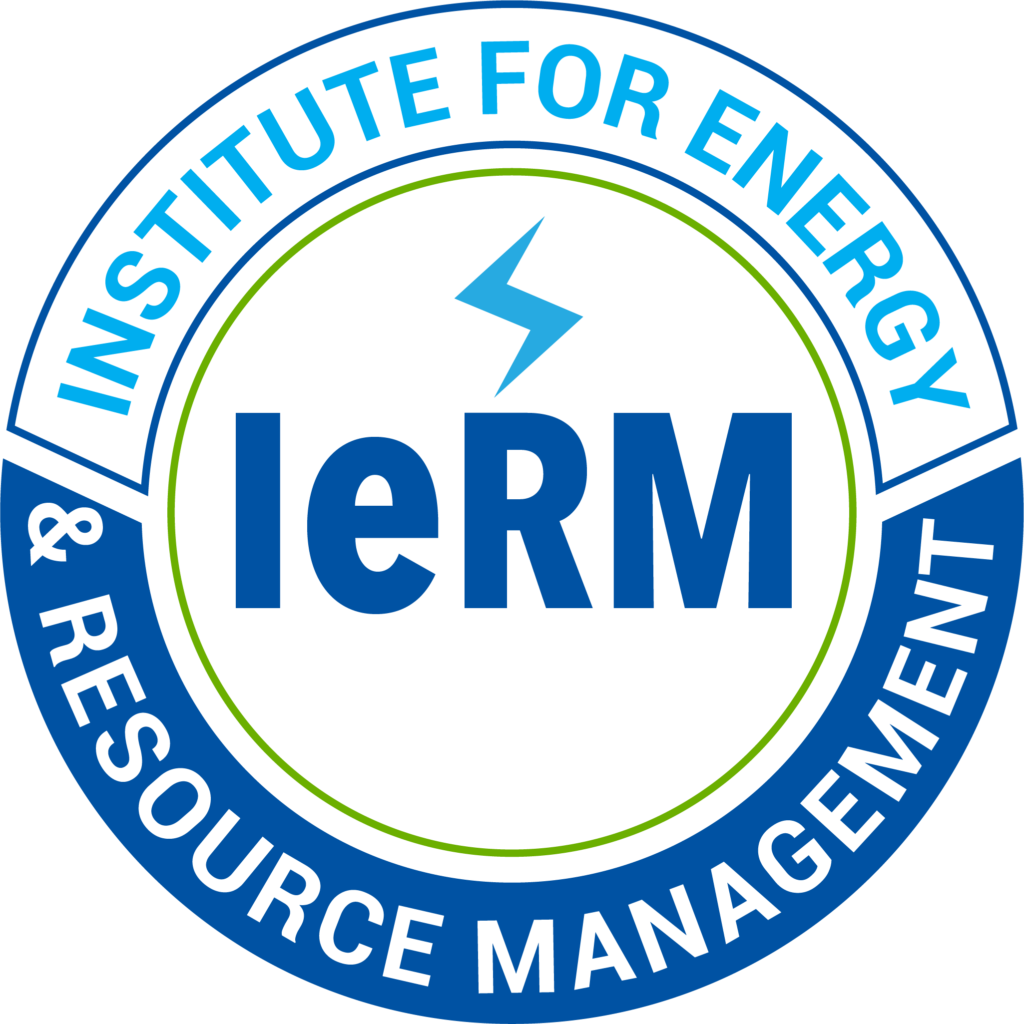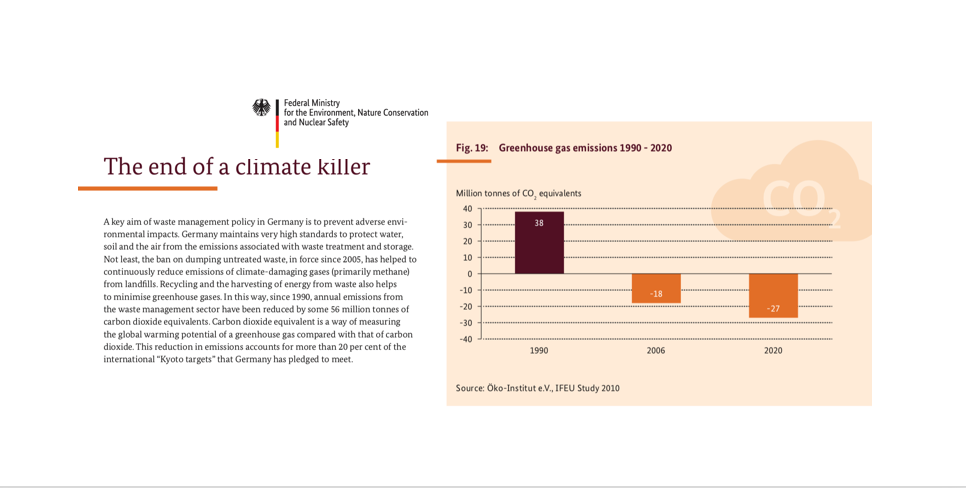Why and How We Changed Waste Policy in Germany
By Dr. Helmut Schnurer
Former Director General for Waste Management Federal Ministry of the Environment
In Germany twenty-five years ago, municipal waste was disposed of in landfills, as in most other countries at that time. A few larger cities used waste incinerators to avoid transport to landfills in the countryside. Recycling was conducted only if economically attractive, chiefly metals and paper.
Increased environmental awareness resulted in new regulations against pollution sources. At this time, as we investigated ourpractice of landfilling, we recognized some significant environmental problems. Untreated waste contains hazardous substances,such as heavy metals and dangerous chemicals, that can produce landfill gas and toxic leachate. Could we ensure that thosesubstances would be contained in the landfill and not contaminate groundwater, drinking water, or the air, ultimately threatening thehealth of the people?
Our first attempts were to contain these toxic substances through engineering, such as placing barriers below, above, and at thesides of the landfill, installing collection and treatment systems for gases and leachates, and maintaining inspection and control ofthose systems. We recognized, however, that those technical systems had to be intact for a very long time, if not forever, becausehazardous substances in the waste stream will not disappear or become inert. Moreover, our scientific investigations, calculations,and experience proved that the efficiency of the collection systems was well below their predicted performance.
As a consequence, we had to admit that our landfills merely shifted the problem to future generations, who would becomeresponsible for the dangers to the environment, as well as the costs for remediation and management of closed landfills. Whatcould be done to avoid this? If we could not provide safe solutions through landfill design and engineering, we could pre-treat thewaste itself, so that the danger was removed. This meant mineralizing all organics, transforming soluble hazardous substancessuch as heavy metals and chemicals into non-soluble forms, and separation of certain substances for special treatment.
Ultimately, we chose the pre-treatment option, and promulgated regulations requiring that the amount of organic substances andsoluble materials be below specific boundary values. In practice, this could be achieved through existing waste-to-energy
technologies, which had been adopted at that time to comply with very low emission standards. Even today, very fewalternatives exist which can meet these standards.
We succeeded in our efforts to prevent dangerous air emissions and toxic leachate by changing our national policy fromlandfilling to environmentally safe waste-to-energy facilities close to cities. They provide a substitute for fossil fuels and contributeto industry’s need for electric and thermal energy and to district heating and cooling.
Metals and other materials are recycled, and the bottom ash used in construction.
It was necessary to effect this change through regulation. During the debates on the topic, owners and operators of landfillsmarshalled significant lobbying efforts to try to protect their businesses. They failed due to the broad acceptance of the newpolicy by the public and, importantly, by the media.
Today it is interesting to see that our switch from landfilling to a strong recycling program and waste to energy has had a verypositive impact on the reduction of climate damaging greenhouse gas emissions. According to the scientific experts, landfills canleak up to 50% or more of their methane content over their lifetime. Now no methane is emitted from our waste. We also have a much more robust, effective and productive recycling system in place.
The European Union has followed Germany’s example, adopting this environmentally friendly waste policy for all 27 memberstates.
This will also work well and is a critical step needed for the US in reducing cost while improving the environment for us and future generations!





